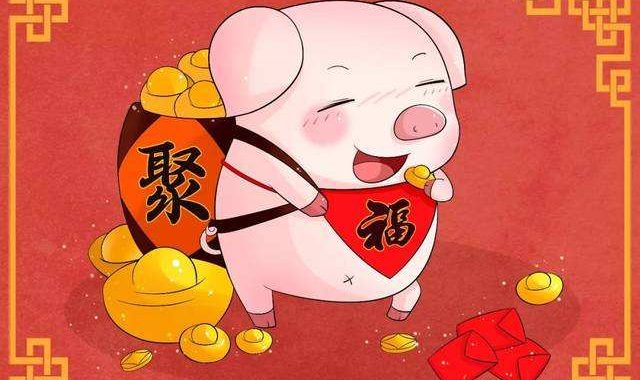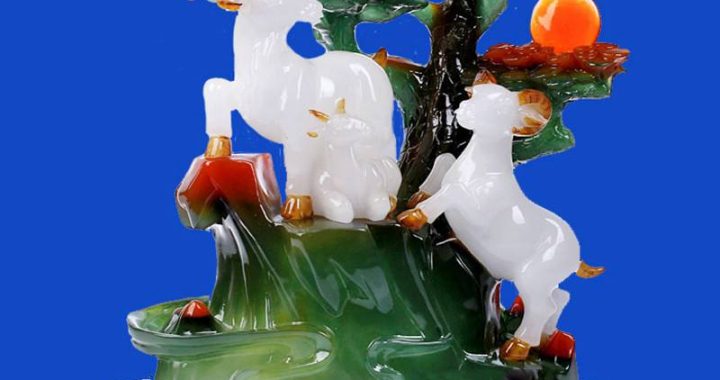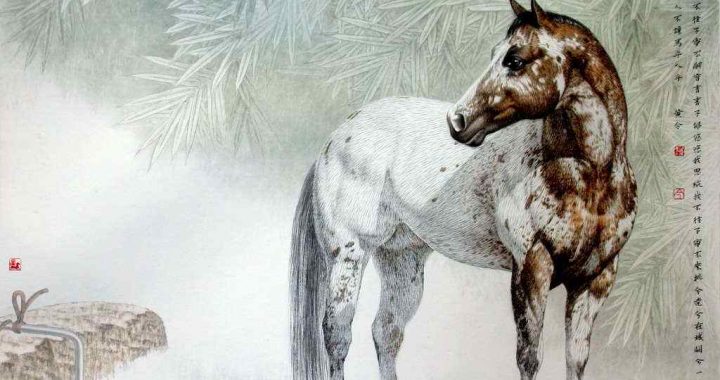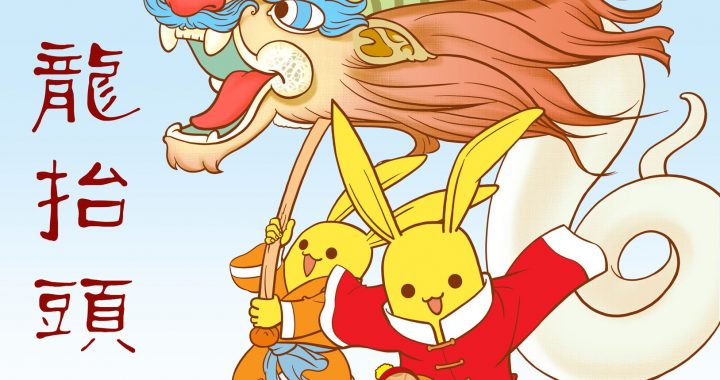Food as Public Relations
4 min readSince ancient times,the Chinese people have used sharing food as an important means of social interaction.In modern terminology,food can be a powerful public relations tool.
When the feudal states of the Spring and Autumn Period(770-476 BC)were not attacking each other,they engaged in diplomatic exchange and cemented alliances through state banquets.Historical records indicate that 450 state banquets and ambassadorial visits and 480 military actions took place during the year 242 years of this historical period.With approximately as many friendly as hostile contacts,sharing food clearly played a major role in foreign relations.
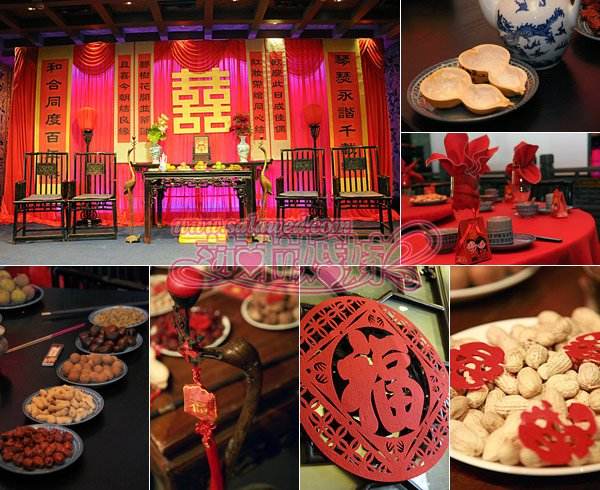
A Chinese wedding banquet
In ancient China’s feudal society,the relationship between rulers and officials was extremely important.Great court banquets were held every year at major holidays and observances.
The rank of the various officials determined where they sat,the toasts they were offered,the order in which they were served,and the salutations they received.Court banquets were opportunities for the rulers to reward the officials and cement their loyalty.On particularly auspicious occasions,such as when a new emperor ascended the throne or a great victory was won,proclamations were issued ordering great feasts and celebrations to be held throughout the land.Lavish court banquets were held for a wide range of other reasons as well.For instance,during the Qing Dynasty(1636-1911 AD),”Thousand Elder Feasts”were held on four occasions,with 3,000 to 6,000 elders attending each banquet.Vast amounts of money were spent on these spectacular productions,which had major public relations value for the imperial court.
Another form of ancient”public relations”involved military leaders offering officers and troops toasts of wine and food.This was a particularly effective method of raising morale.A famous general once poured a gourd of wine into the river,and then dipped out the water for the troops to drink.Although the soldiers couldn’t taste the highly diluted wine,they were deeply inspired by the symbolic act and swore to fight to the death in the coming battle.
Memorializing the dead was an important aspect of ancient Chinese culture.When someone died,great care was taken with both the grave and the funeral services.Large amounts of food,drink,and food vessels were placed in the tomb,and a great feast was held following the funeral.These feasts honored the deceased,but perhaps more importantly,they benefited the living,enabling the survivors to express their filial piety,display their wealth and status,and foster ties with friends and relatives.
Marriage is a major event in the life of both the individual and the family.Since ancient times,food and drink have played an indispensible role in marriage rituals.Starting with the engagement,every ceremonial activity related to marriage involves food.According to documents from the Song Dynasty(960-1276 AD),to mark the engagement the groom’s family gave the bride’s family betrothalgifts that included tea and wine goblets,as well as gold,silver,and jewelery.Later,sheep and wine were added to the list.Wedding banquets were major events that brought together family and friends from far and wide,so naturally lavish amounts of food and drink were consumed in a highly celebratory atmosphere.During the days following the wedding,it was customary to visit the wife’s family and other relatives,with all the attendant receptions,gift-giving,feasting,and toasting.Later,when the new wife was about to give birth,her family would give her gifts of painted eggs that were thought to expedite labor.Following the delivery,friends and family would send gifts of rice,coal,and meat.Later,guests were invited to banquets to celebrate the new child’s 100-day and one-year birthdays.
China’s traditional use of food as a means of social interaction has had a great influence on modern society.Although the forms may have changed,the substance remains the same.Banquets are still held to celebrate engagements and weddings and to mark a new child’s first month and first birthday.
From birth to death,every milestone of a person’s life is celebrated by friends and family gathering to share food and drink.To neglect these ceremonial expressions of sentiment is to risk being considered both unfeeling and uncultured.
China’s banqueting tradition has permeated every aspect of public and private life.Many people findthat inviting people to dinner is an effective way to establish friendships and make connections in both the personal and business spheres.Whenever problems arise,the first inclination is to invite the person who can help resolve the situation out to eat.It is thought that better results may be attained by discussing things over a relaxed dinner,rather than in a work setting.Some people even go so far as to make a habit of inviting influential people to dinner,in an attempt to curry favor and circumvent regulations.A Chinese folksay,”Hoist the glass and policy will relax,”describes just such unhealthy tendencies.
When such extreme manifestations arise,countermeasures must be taken.Over the last several decades,the Chinese government has issued a series of orders prohibiting government officials and employees from using public funds to hold extravagant banquets.This common and wasteful practice not only adds to the government’s fiscal burden and is contrary to the public good,but also violates the principles of culture,health,and harmony that characterize China’s traditional food culture.
Learning from the past offers new insight into the present.By looking back over the development of Chinese food traditions,it is possible not only to taste the essence of China’s ancient and brilliant culture,but also to better appreciate the flavor of China today.
